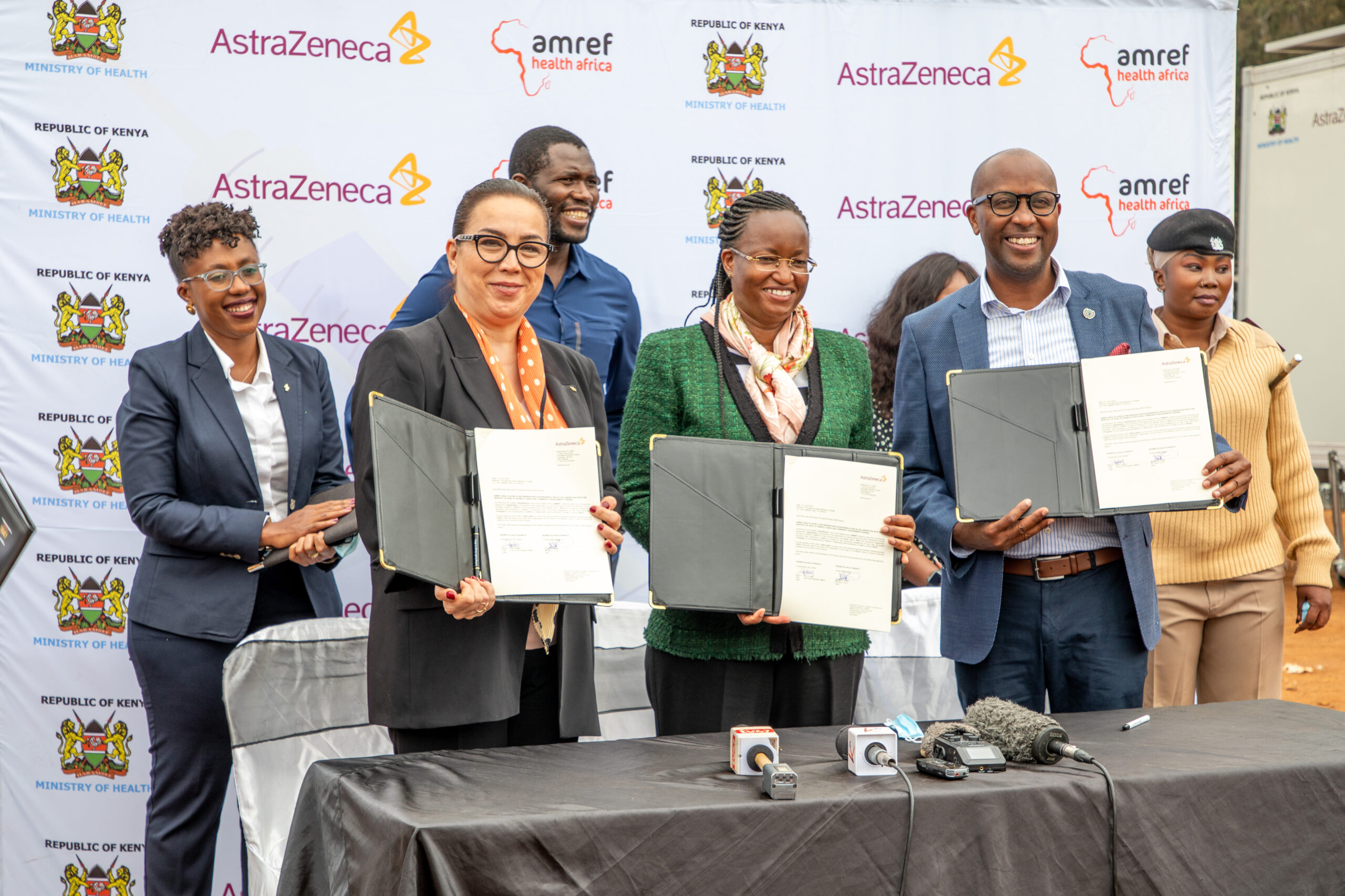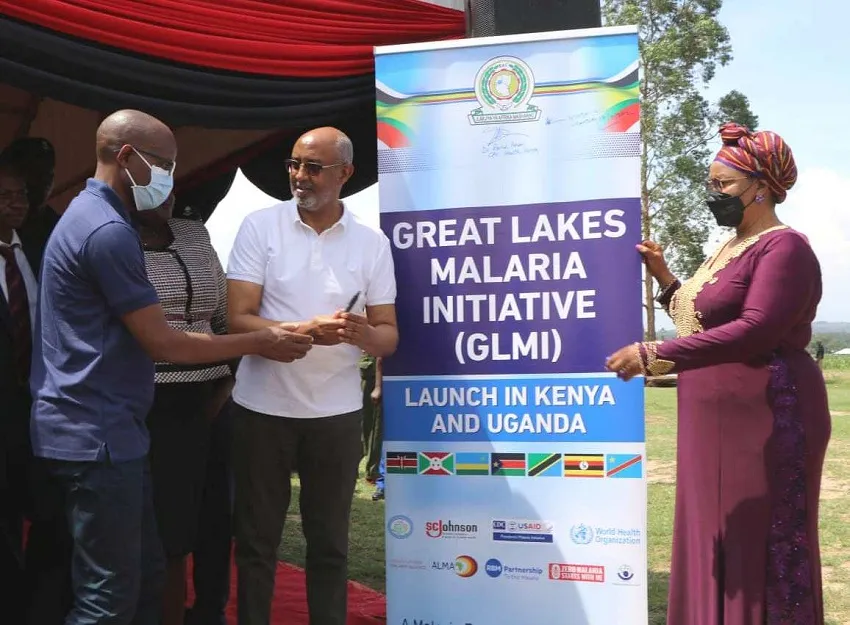Does Voluntary Family Planning Contribute to Food Security? Evidence from Ethiopia
Tuesday, 1 July, 2025
This study investigated the impact of voluntary family planning (FP) use on household food security among 737 women of reproductive age in selected districts of Ethiopia. Using hierarchical logistic regression, the study found that 78.2% of participants were using FP, while 55.2% of households experienced food insecurity. Women who had used FP for less than 21 months were significantly less likely to live in food-secure households compared to those with longer FP use. Additionally, households with positive adaptive behaviors were three times more likely to be food secure, and women influenced by family members to use FP were also more likely to experience food security. Key predictors of food security included age, FP duration, adaptive behaviors, and social influence. The study recommends culturally sensitive strategies to promote FP awareness and enhance household resilience to improve food security outcomes.







